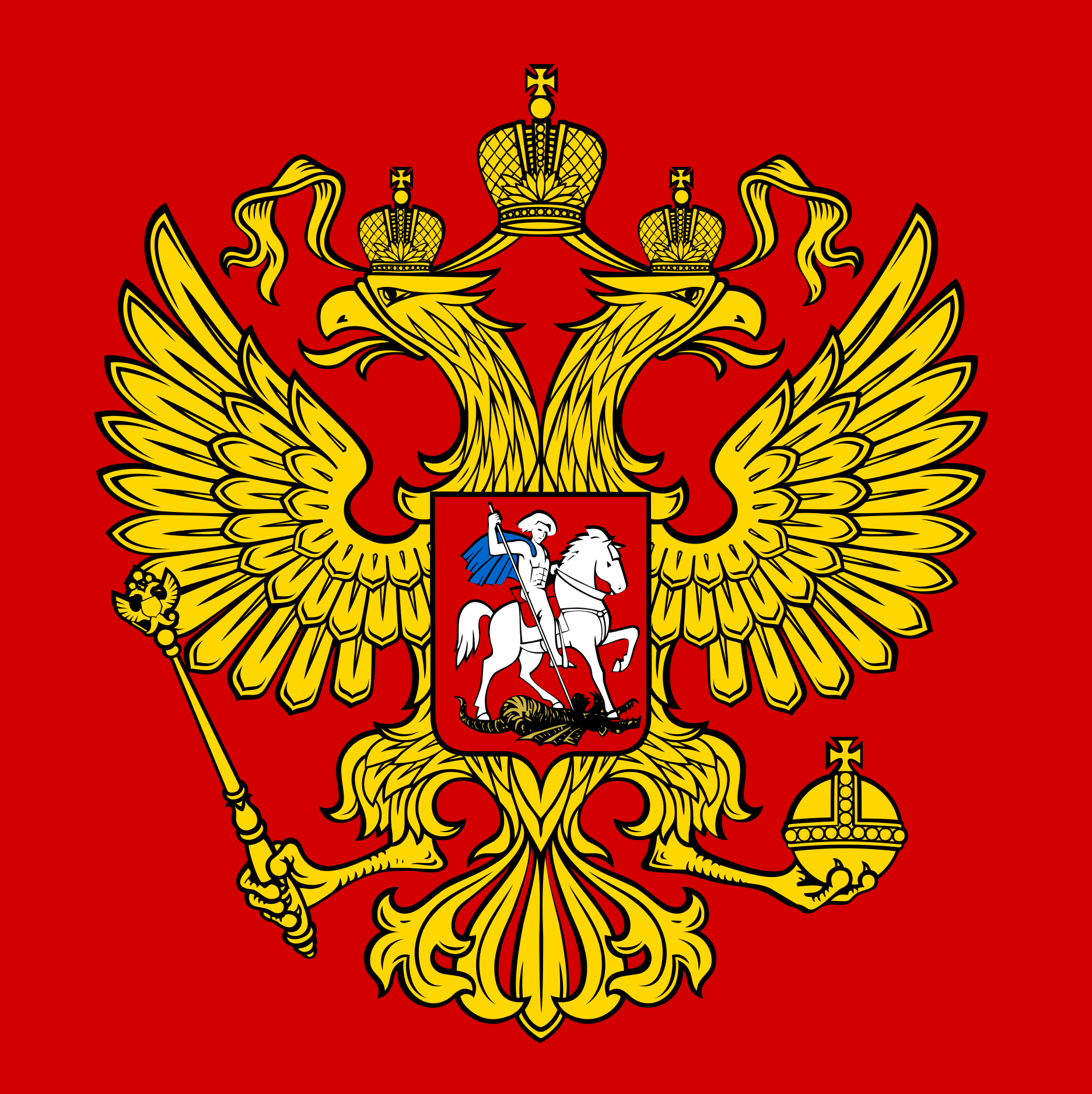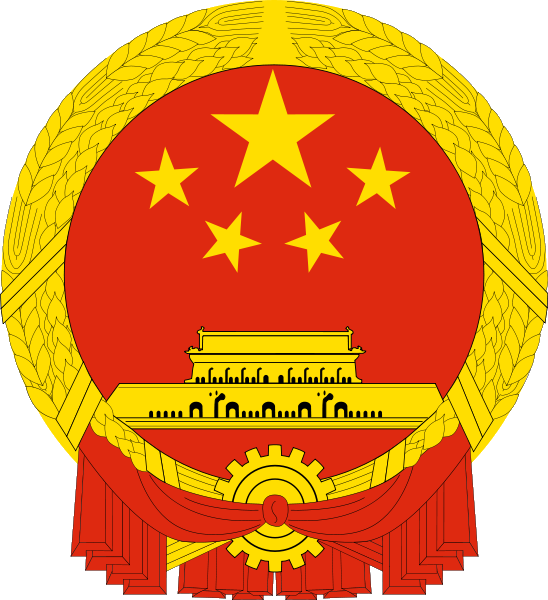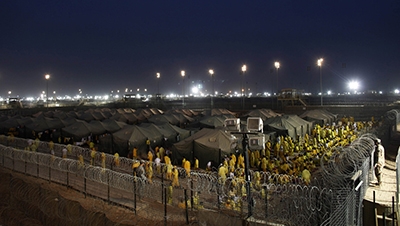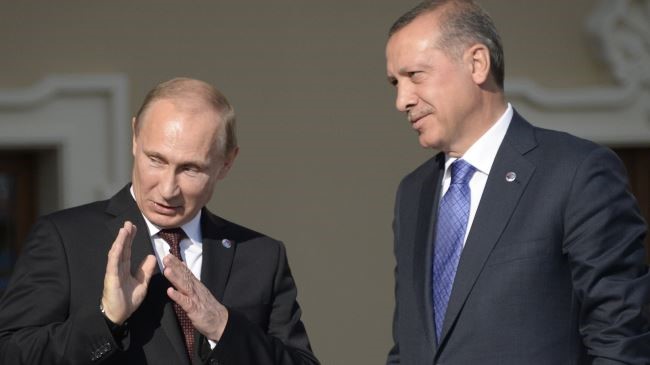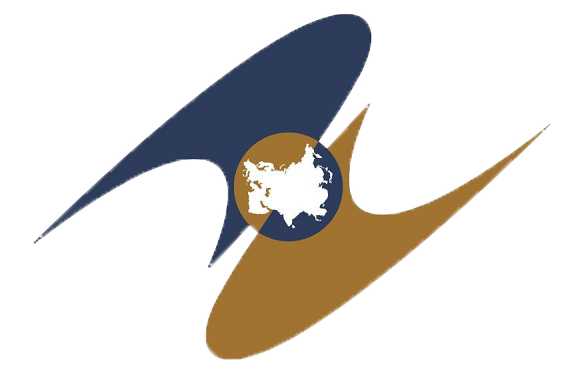 CEO Cornerstone
CEO Cornerstone 






Our annuals cover the issues which most impact our strategic timeline!

Yanbu, Saudi Arabia
Israel Provoking US Against Iran in Persian Gulf
Recently, Israeli Foreign Minister stated a directive for the US and UK to “protect the security of the Persian Gulf”. Moreover, Israel has stated its cooperation to unite with the US military coalition in the Persian Gulf to suppress Iran into political collapse. Strategically, the US and UK have reportedly developed anonymous war plans to invade Iran over tensions in the Strait of Hormuz. Notably, Iran has expanded its military forces into Kuwait, Qatar, and Oman to solidify long-term stability of the Persian Gulf. Keenly, Iran's Foreign Minister spokesman responded, "Within the framework of the country's deterrence and defensive policy, the Islamic Republic of Iran reserves the right to counter this threat and defend its territory. The US regime and the illegitimate Zionist regime are responsible for all the consequences of this dangerous move."
Essentially, the US plans to disrupt Iran’s foreign oil sales with sanctions to pursue regional dominance as Israel remains the main benefactor. Accordingly, the Strait of Hormuz is the primary source for the war against Zionism to occur. Negligently, the US is imposing its bid for an Indo-Pacific bloc by drafting South Korea, Japan, Australia and NATO into its military coalition in the Persian Gulf. Meanwhile, South Korea is banned from joining a foreign military coalition over its posture in the denuclearization process of the Far East Peninsula. Hence, Iran has began to expand its nuclear program to cooperate with the nuclear triad held between Russia, China and India. Furthermore, tensions in the Persian Gulf will have a long term impact on oil prices as mature US Treasuries and growing US budget deficit weigh heavily against Israel and the US coalition.
Iran Builds Military Capabilities to Protect the Persian Gulf
Readily, Iran's Foreign Minister spokesman stated, "Iran believes the presence of ultra-regional forces in the Persian Gulf under any name and title will not only fail to help reinforce the region's security, but will further prepare the grounds for tension and crisis in the sensitive Persian Gulf region." Desperately, the UK is using the US military coalition to remain relevant in Europe as Brexit looms. Fiercely, we must maintain our strategic focus on Iran's nuclear program which ensures regional stability as Brexit weighs on a war against Zionism.
Strategic Focus |

Meticulously, we must maintain our focus on Iran's nuclear program. Attentively, Iran is progressing its uranium enrichment limits to 20 percent which expands its nuclear capacity for development of the special status agreement for the Caspian Sea. Sensibly, development and production of the Kowsar, Noor and the Ra'ad anti-ship cruise missiles extends Iran's capabilities to expand with neighbors on the Mediterranean Sea. Simultaneously, US ambitions for a Zionist crusade over Brexit in the Persian Gulf will diminish as Iran expands its ties with Turkey. Passionately, Iran and Turkey committed to raising their annual trade to $30 billion with renewed cooperation. Easily, both nations agreed to continue expanding in political, economic and cultural affairs.
Militarily, IRGC Navy Commander Rear Admiral Alireza Tangsiri warned, "Any presence of the Zionist regime in the Persian Gulf waters is illegal, as it may result in war and confrontation in the region." Furthermore, maritime patrol near Cyprus from Turkey secures naval routes through the Suez Canal for Iran as hostilities with Israel escalates. Actively, Iran continues to expand its nuclear capabilities which broadens the military span of Greater Mesopotamia against Zionist threats from the UK, US and Israel. Assuredly, we must pay close attention to Iran's oil exports as tensions rise in the Persian Gulf.
Special Attention |



Thoroughly, special attention must remain on Iran's oil exports. Exclusively, Iran, Russia, Kazakhstan, Turkmenistan and Azerbaijan are expanding the rich natural resources in the Caspian Sea with a special status agreement among them which accelerates regional stability. Militarily, Russia's Caspian Flotilla and Black Sea Fleet remain in control over spiraling Zionist interest in the region which serves as a line of defense against the US coalition in the Persian Gulf. Splendidly, Iran's oil exports through the Suez Canal generates trade among its neighboring Black Sea nations.
Fiscally, naval cooperation in the Suez Canal includes expansion of a common monetary policy for the special status zone on the Caspian Sea. Financially, creation of wealth requires the expansion of prudent monetary policies which combat the impact of US sanctions and rising tariffs. Aggressively, Iran, Turkey and Russia must integrate common monetary policies for expansion of the New Silk Road in the African Union as Zionism threatens global security.
Economically, crude oil is expected to become more volatile from growing military hostilities in the Persian Gulf, Taiwan Strait and Baltic Sea. Diplomatically, tensions in the Persian Gulf boost cooperation against the US over its Zionist tactics. Virtually, trade expansion on the New Silk Road in the African Union demand expansion of monetary policies using the gold standard. Timely, US T-bills and bonds continue maturing beyond the capacity of the US annual budget as Turkey increases its request for Iranian oil.
